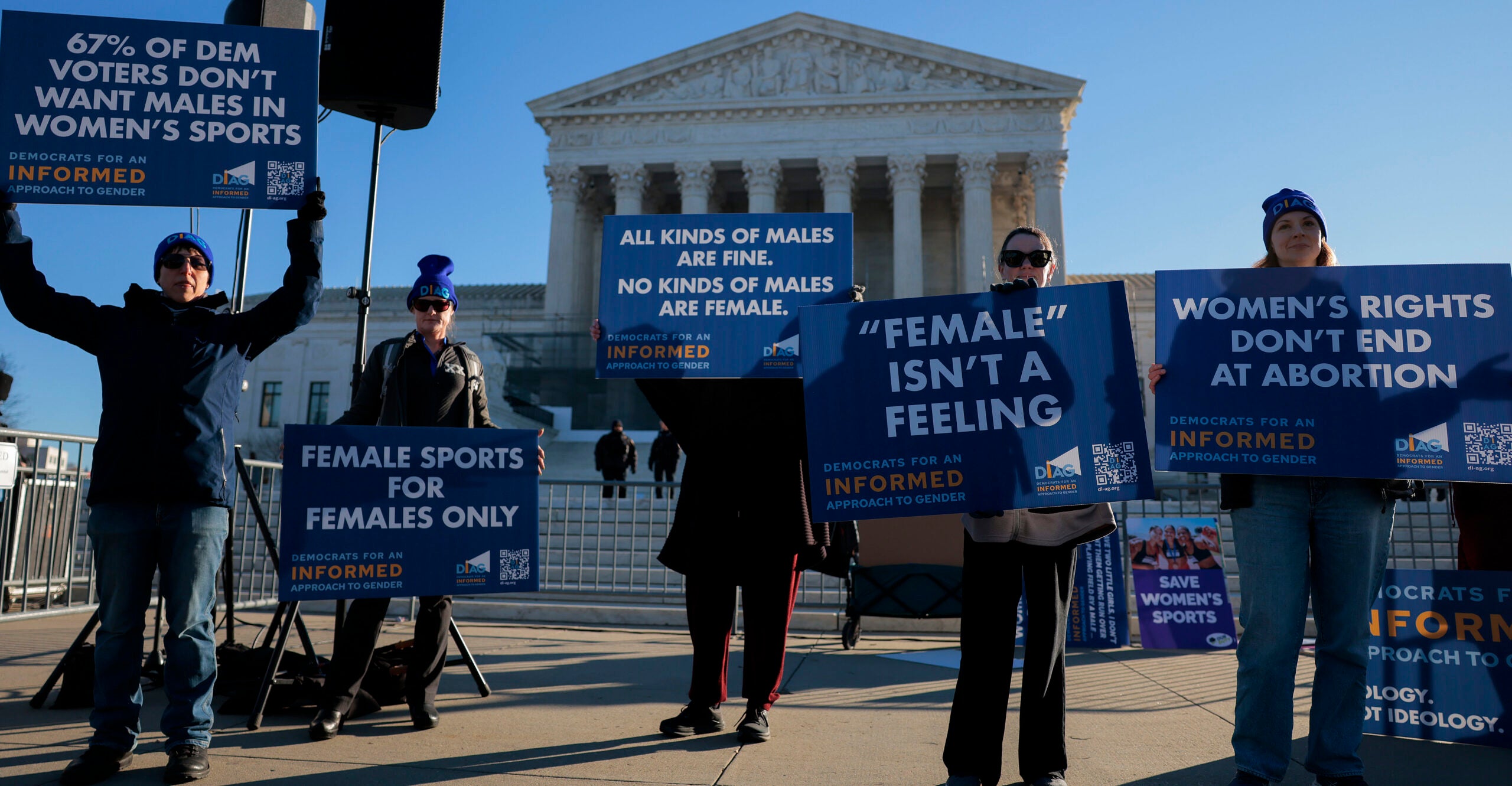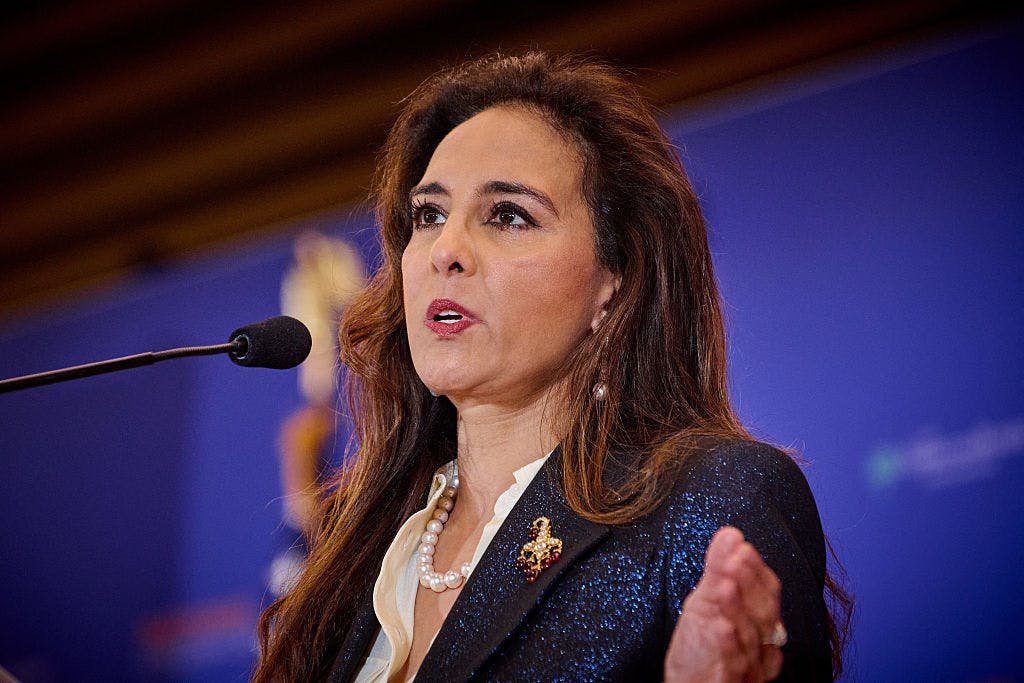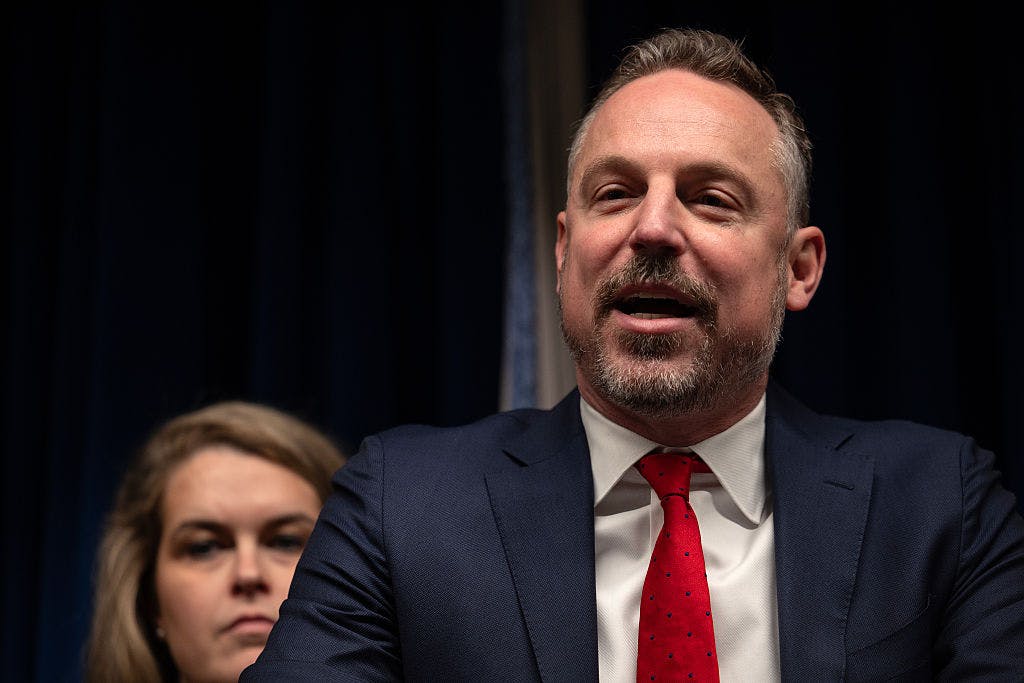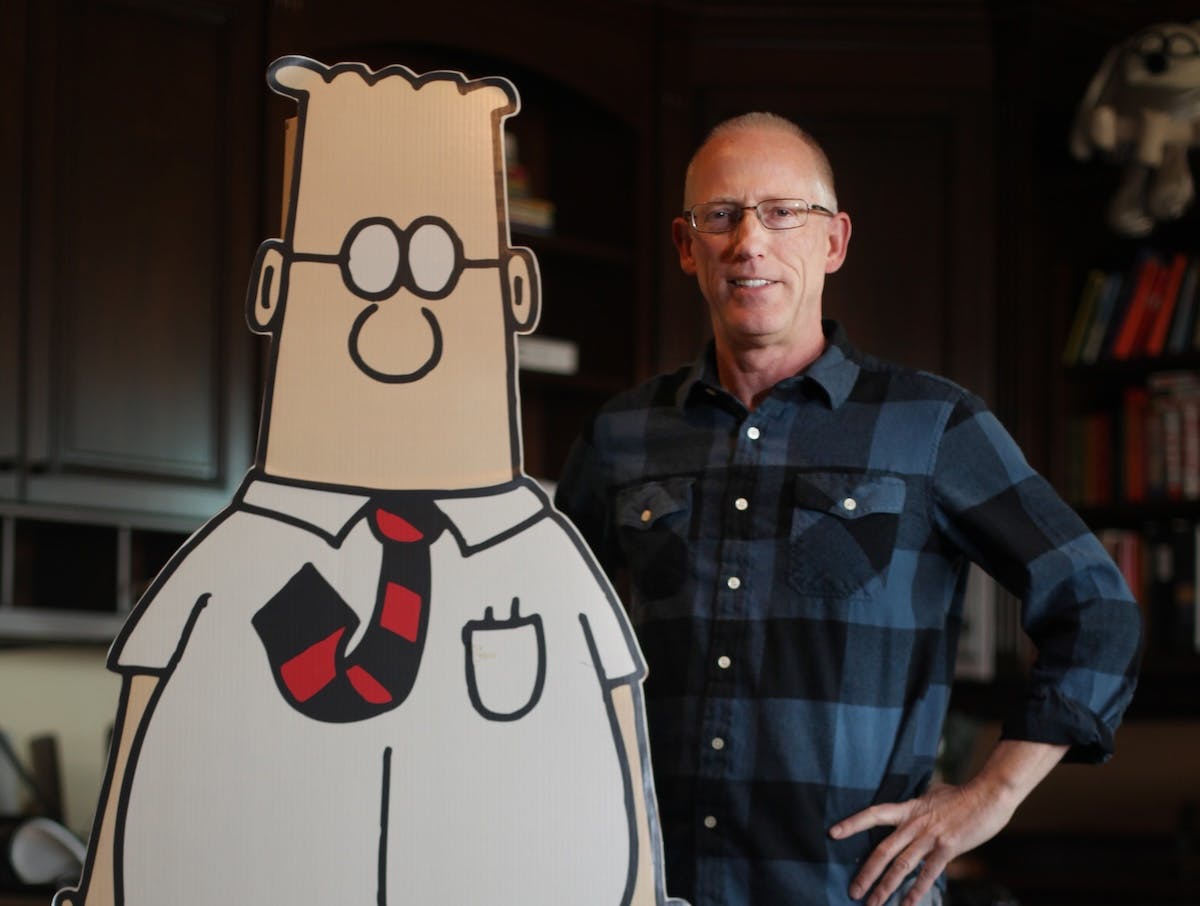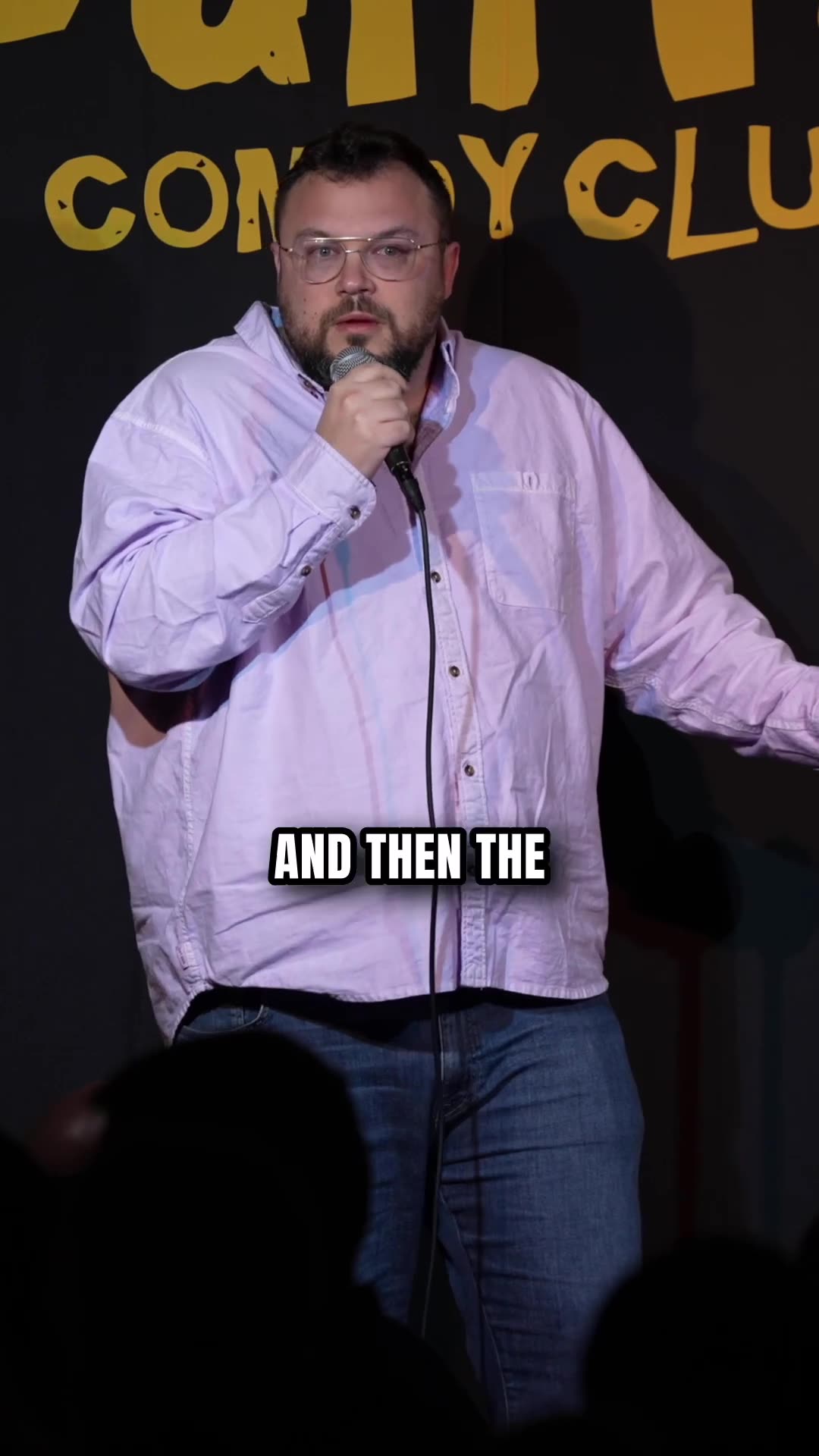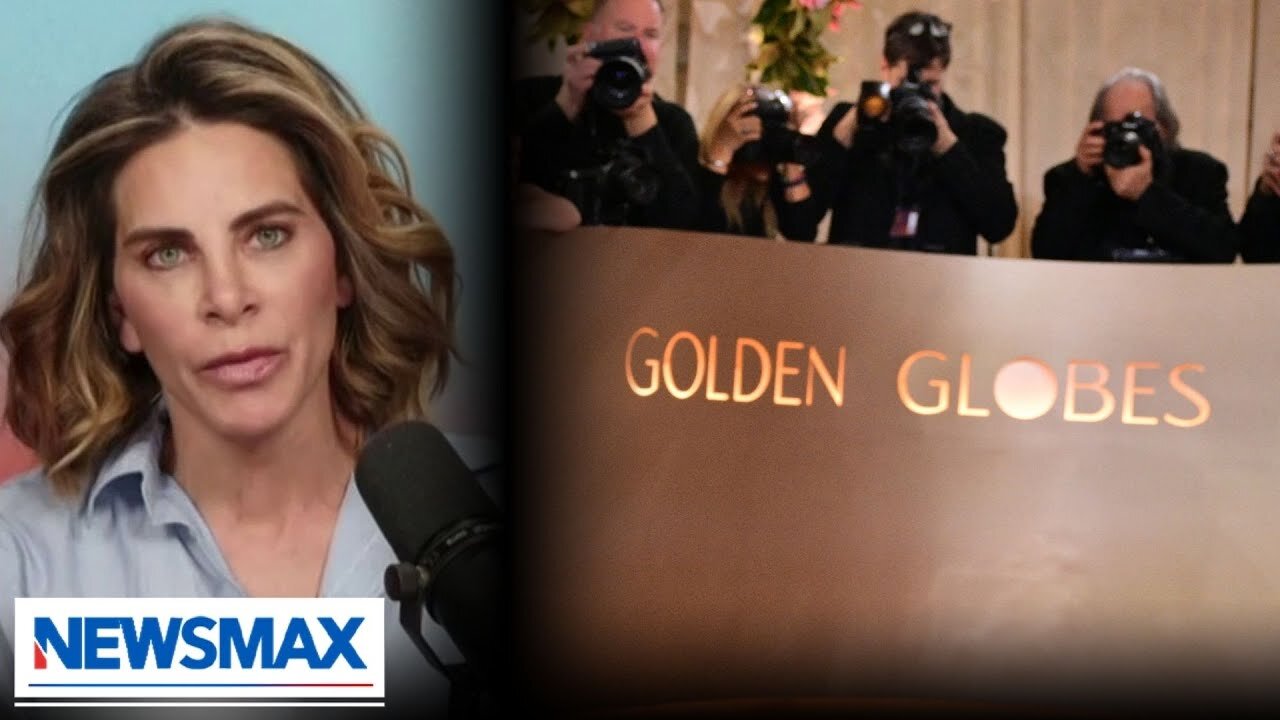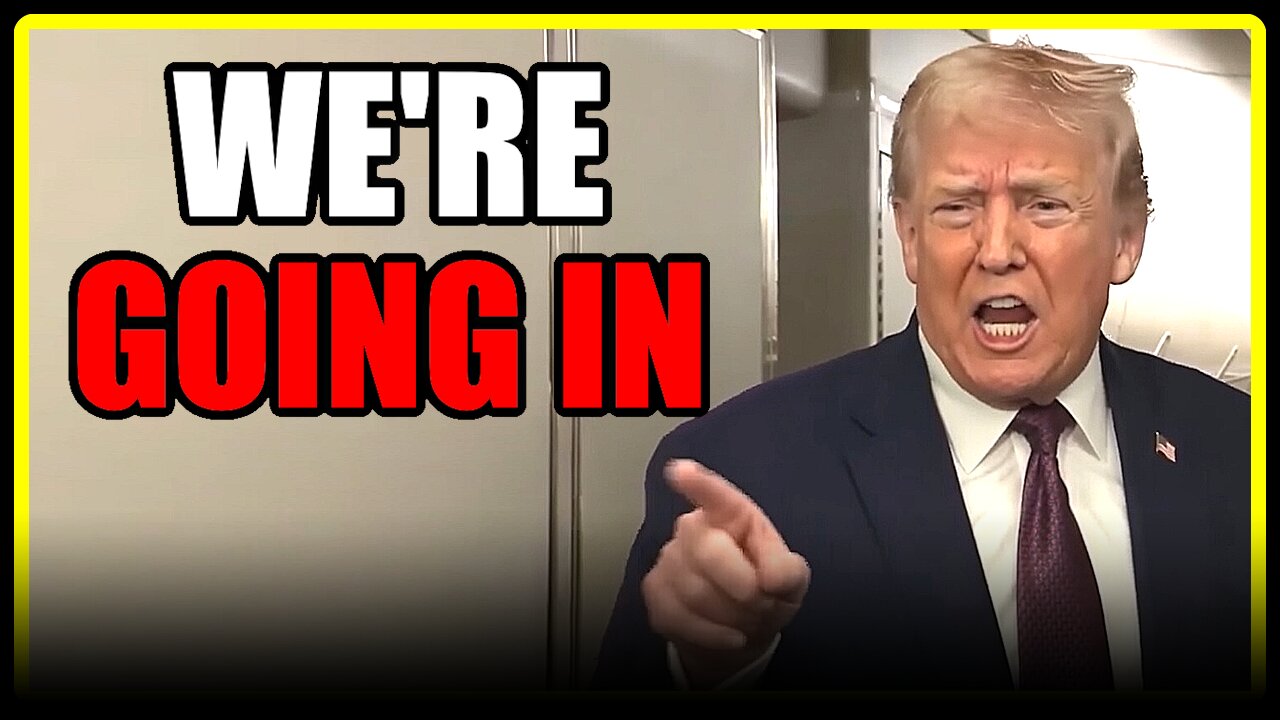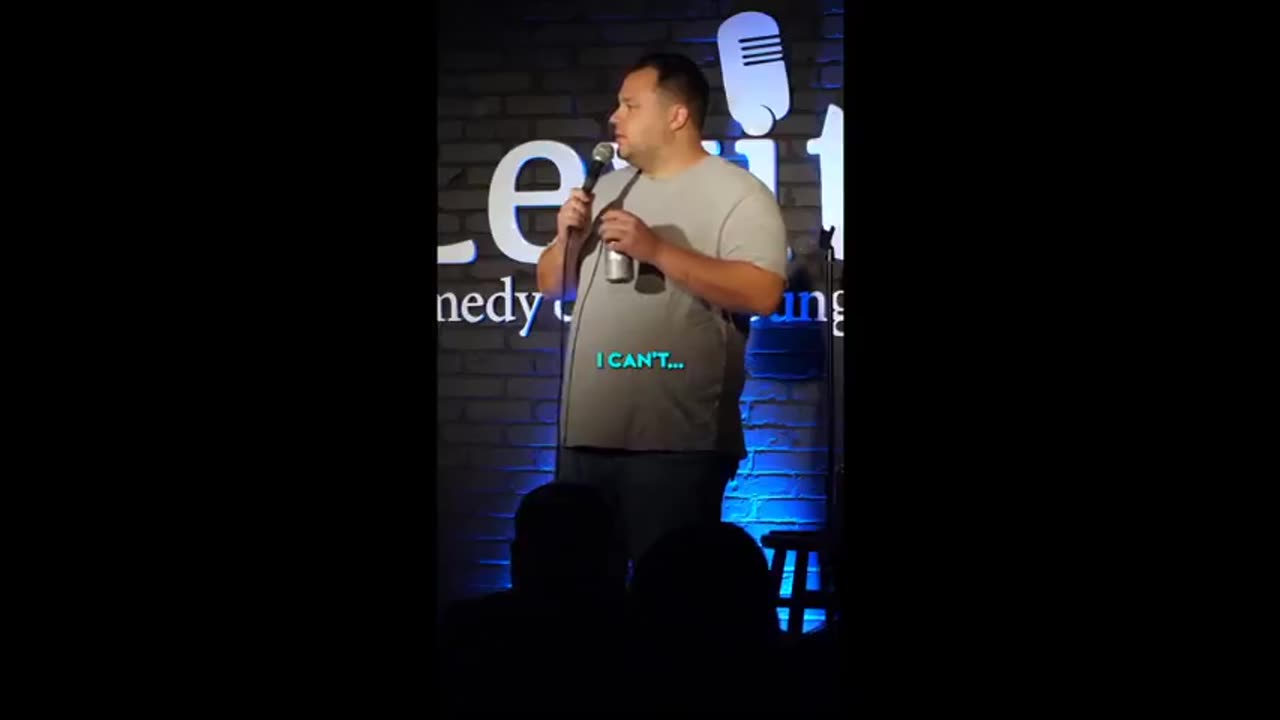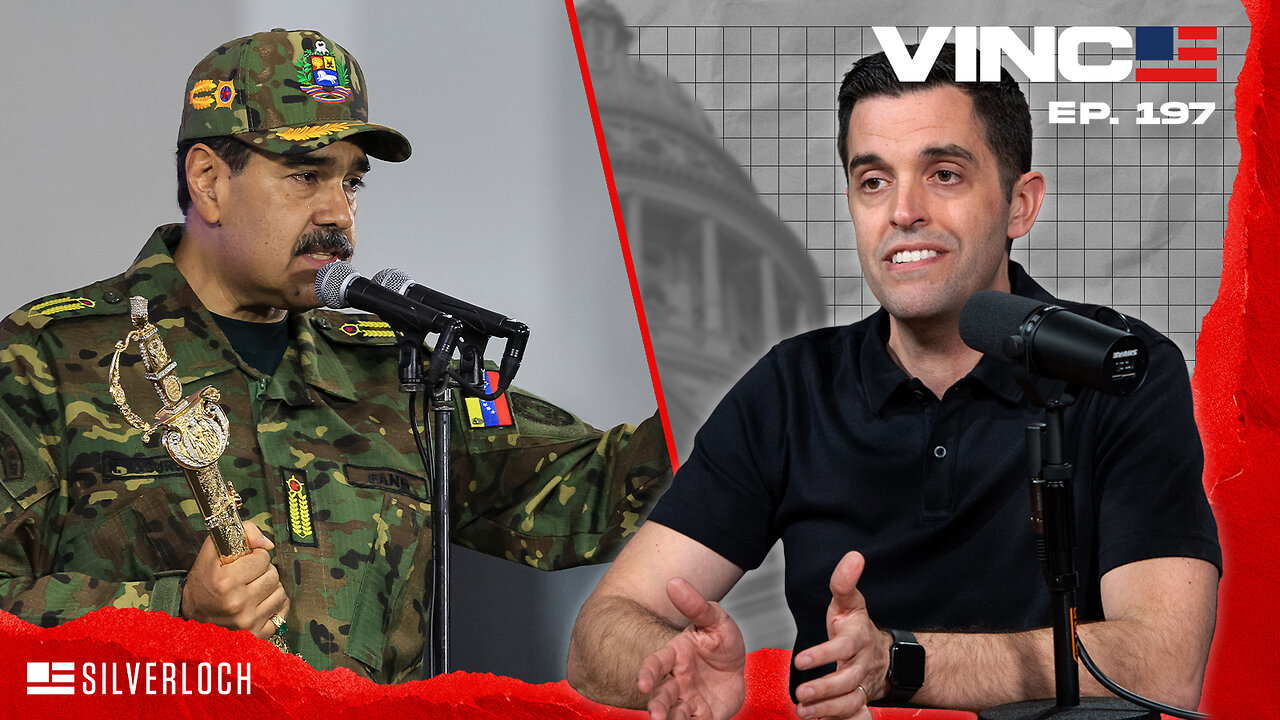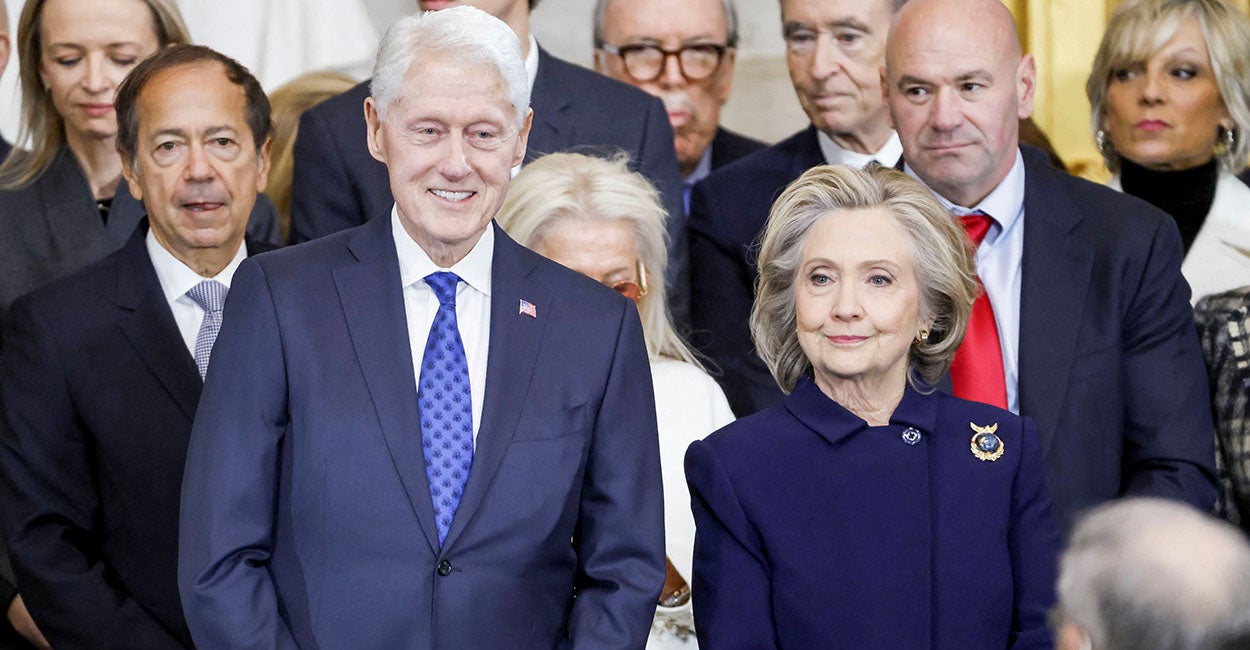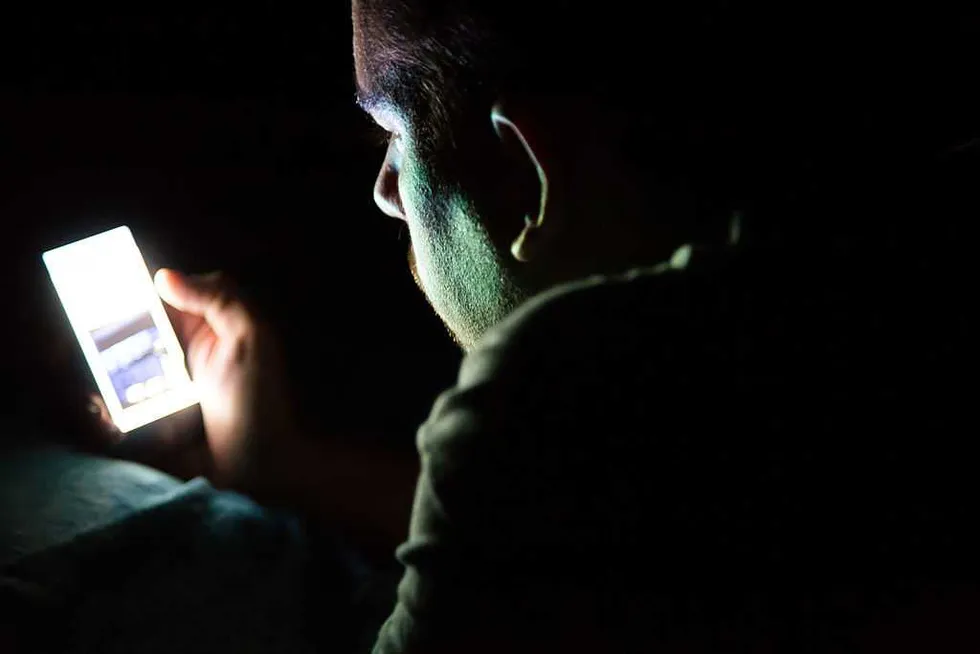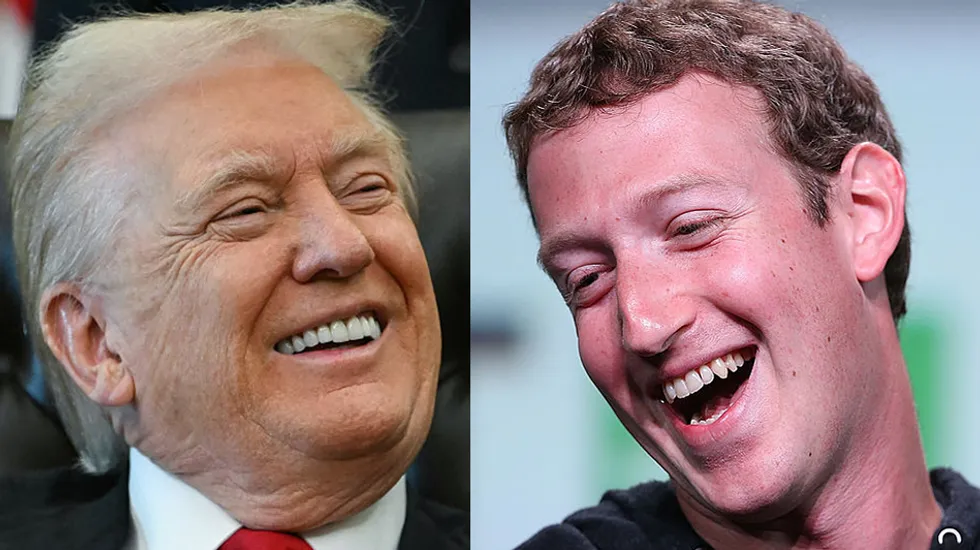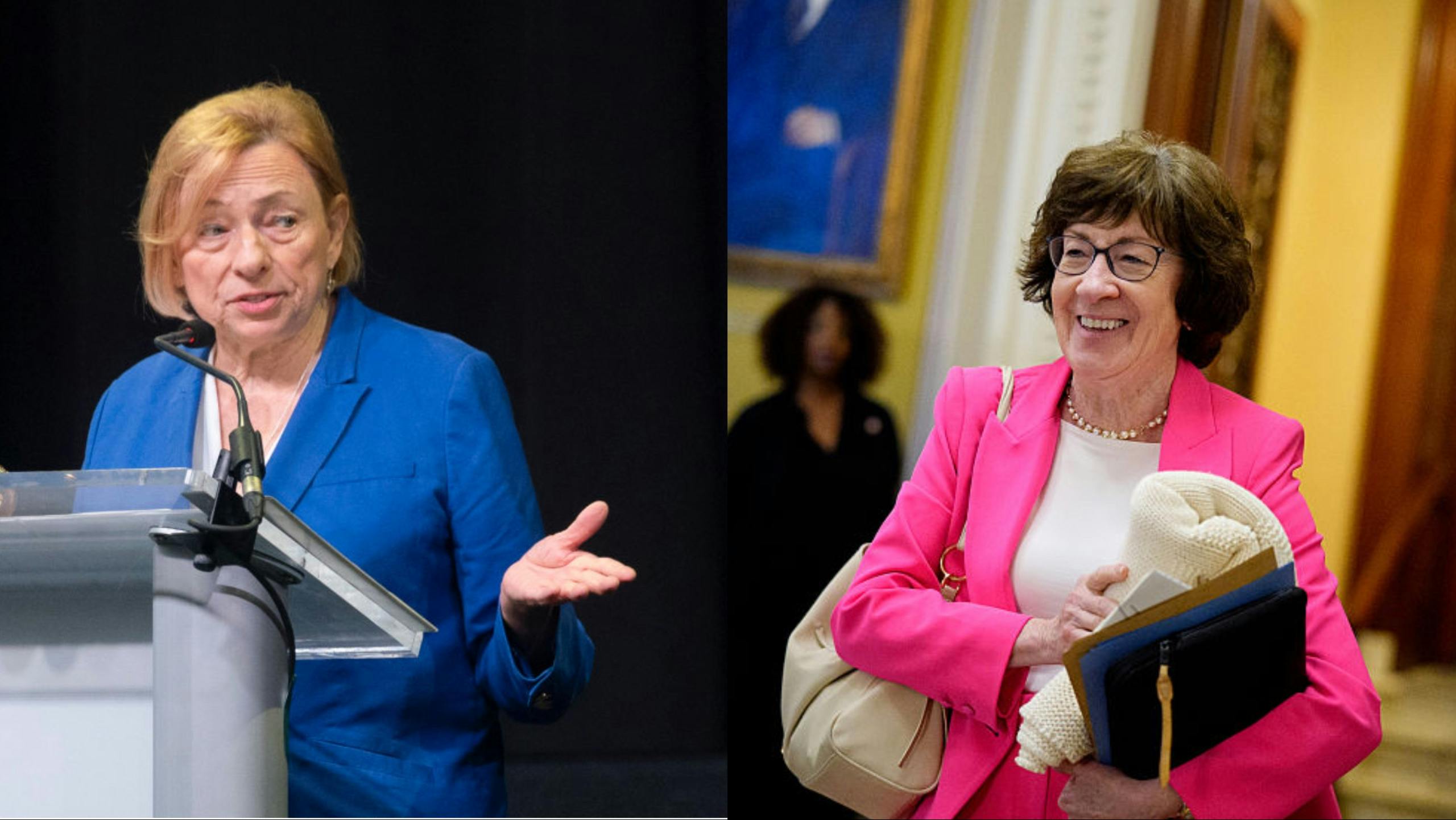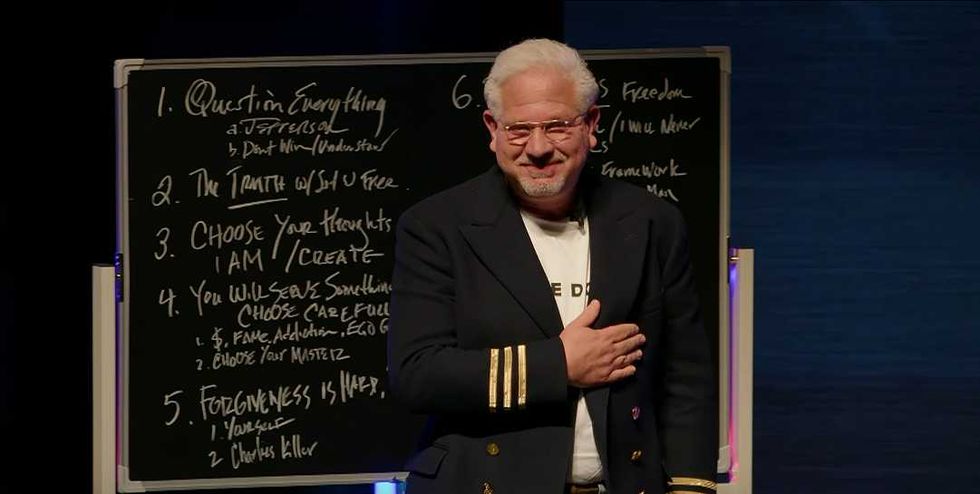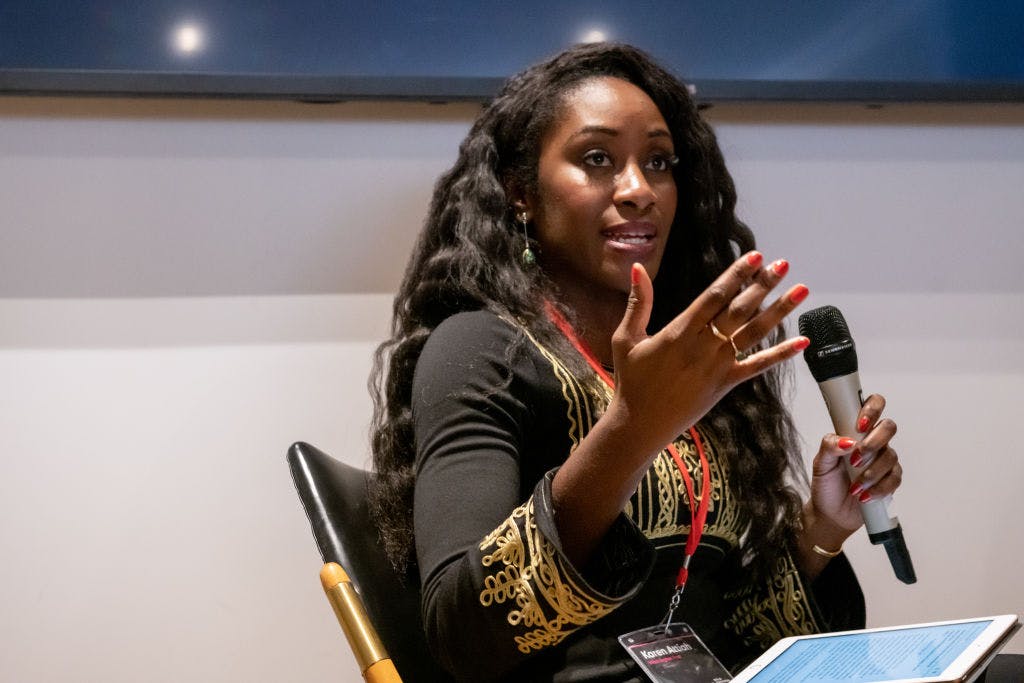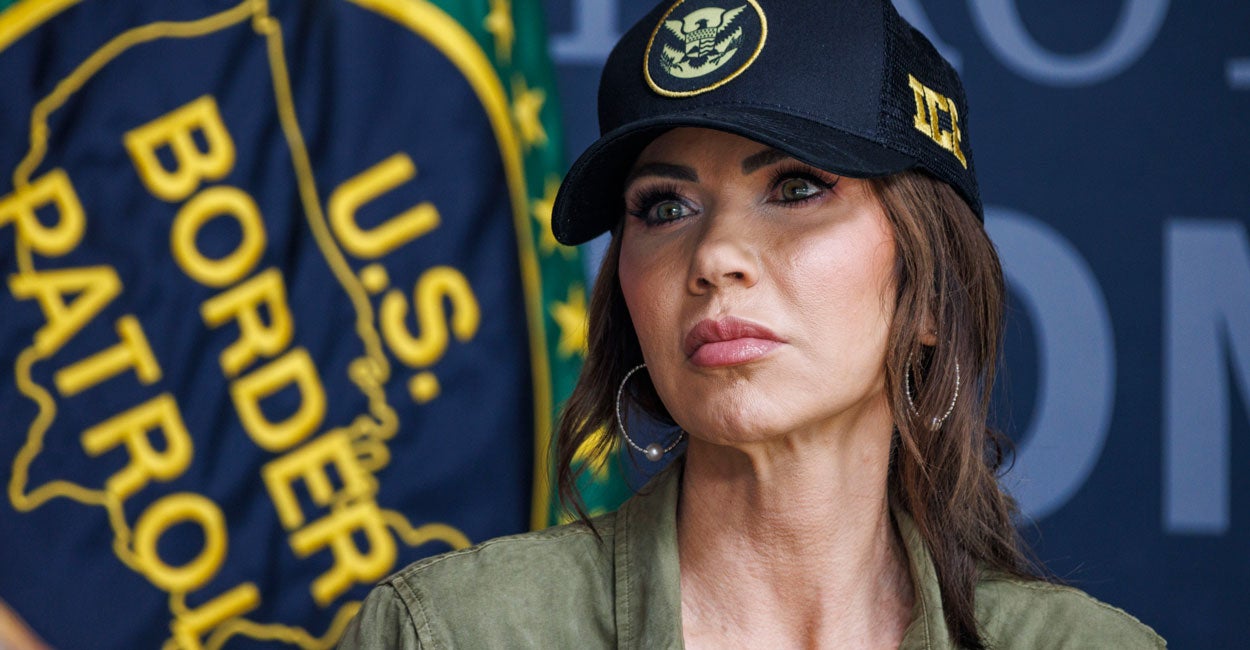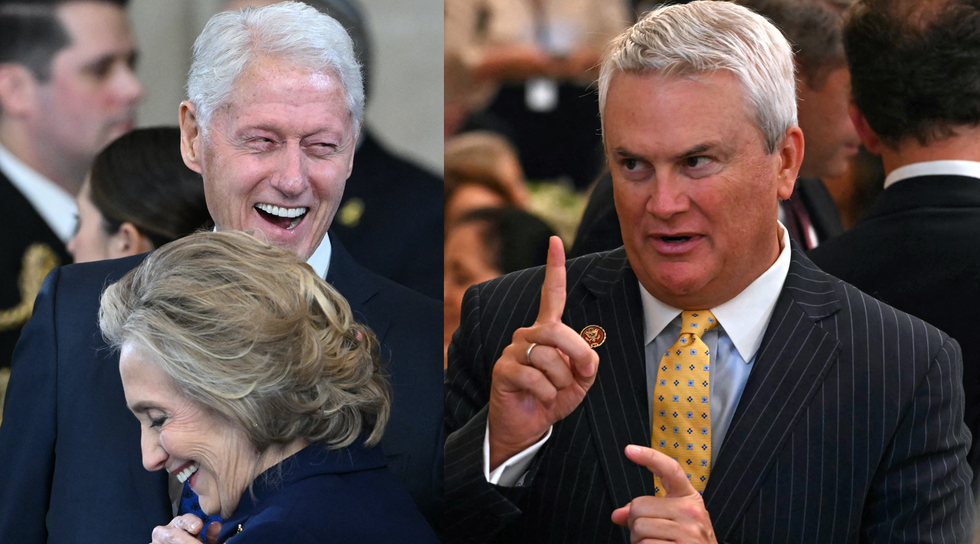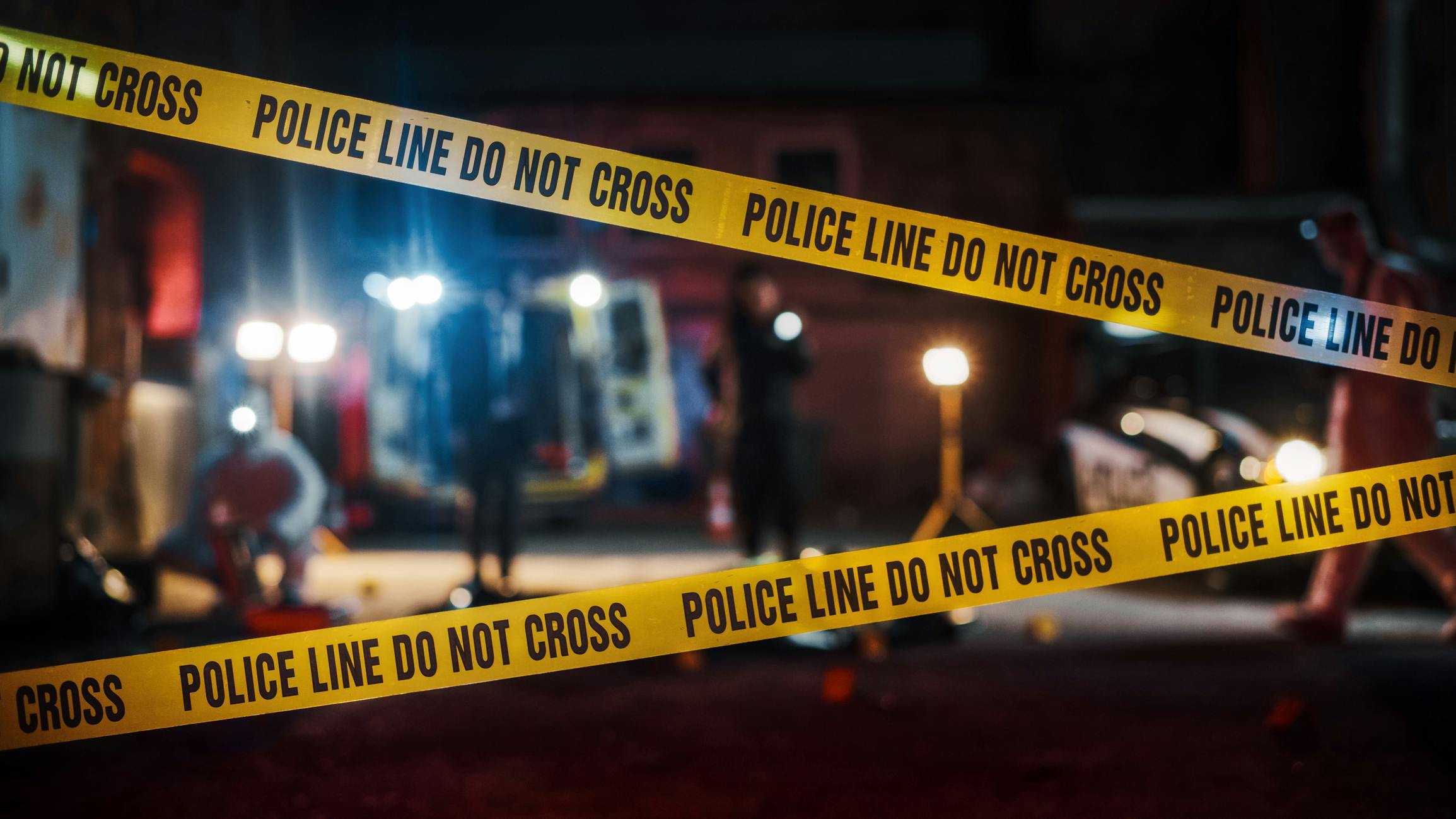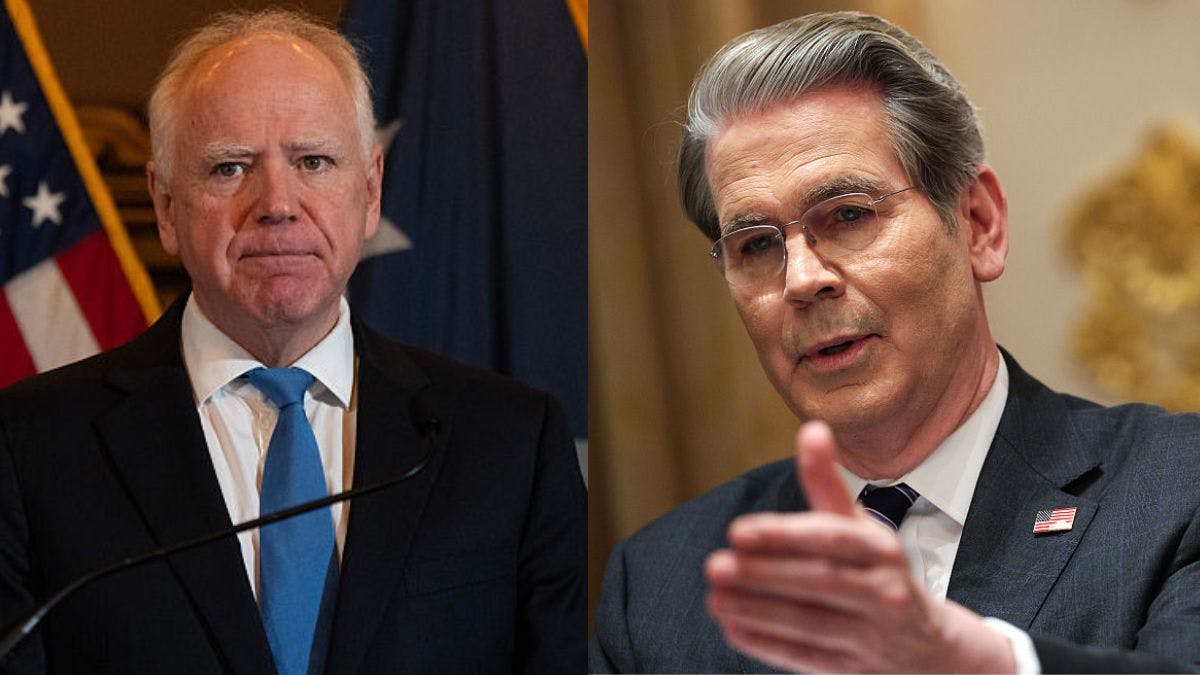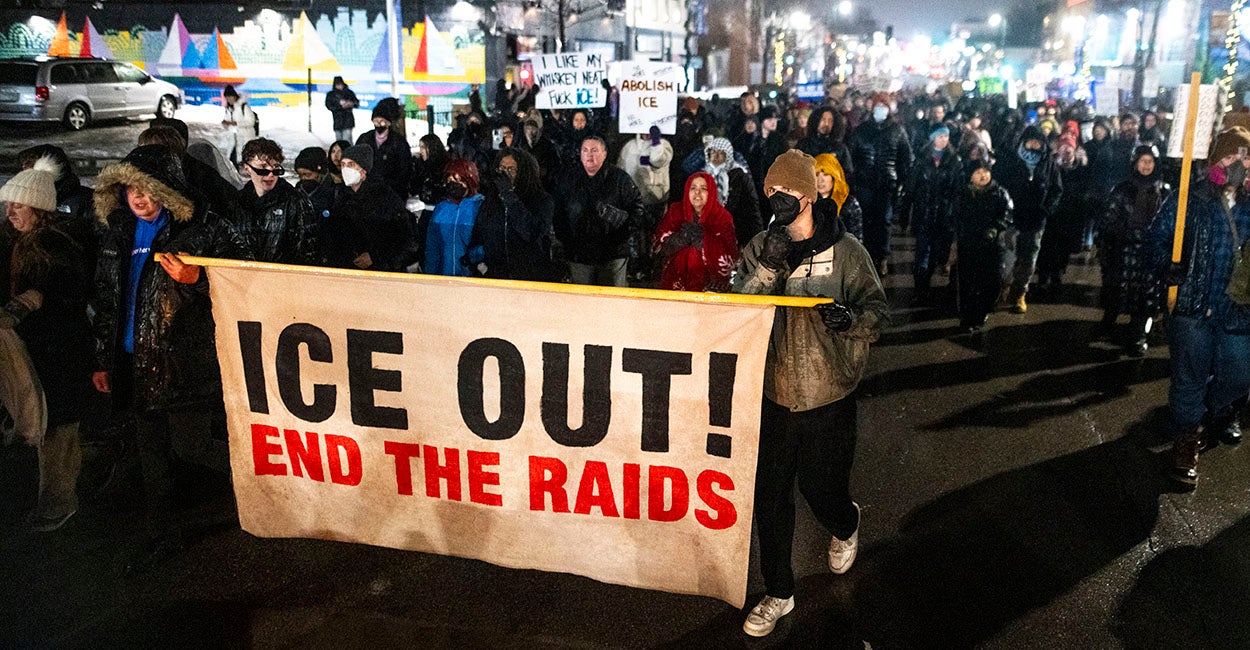From Dante To Cardi B? The Collapse Of Ivy League Curricula
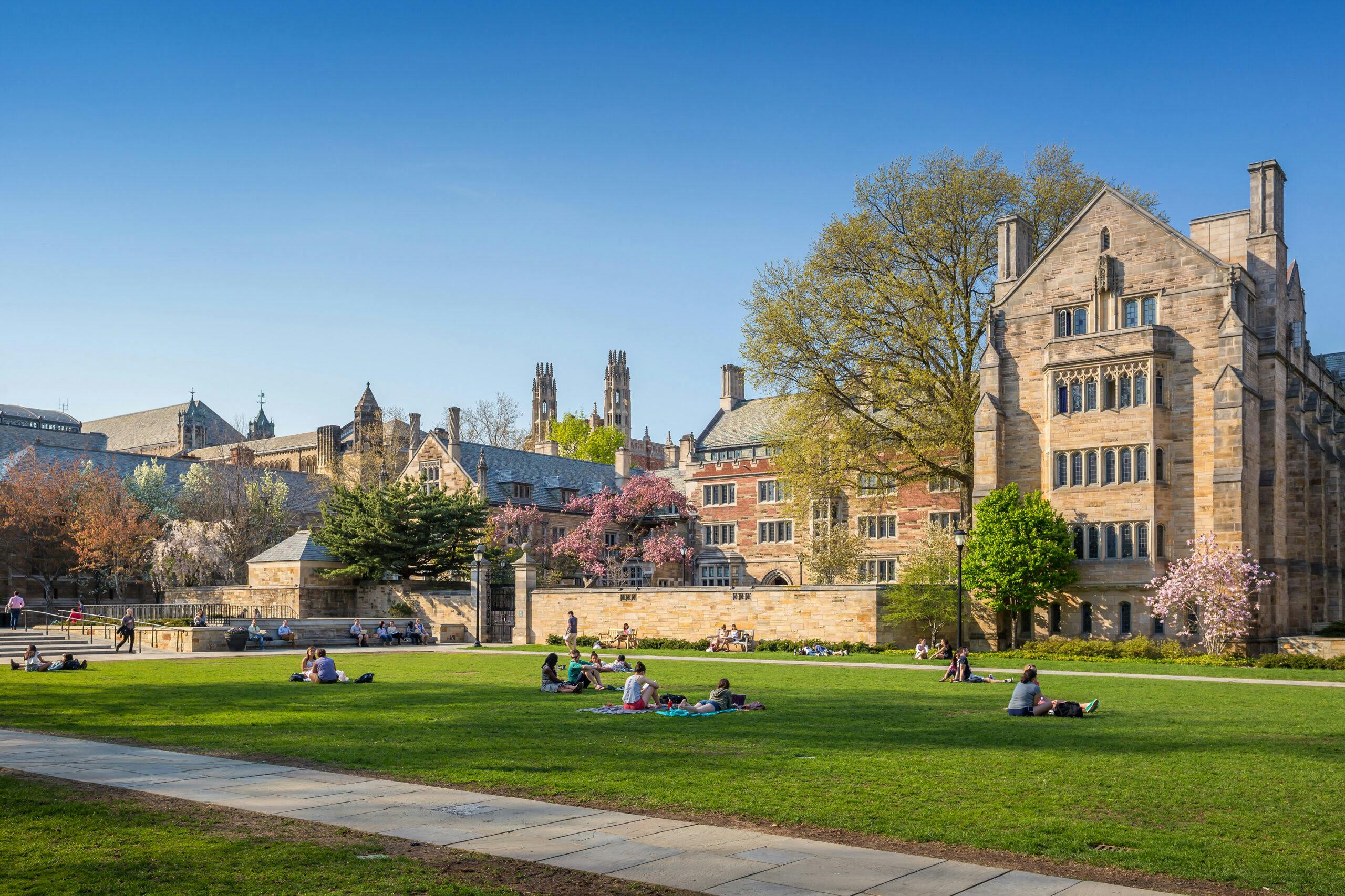
The following excerpt is taken from “Slacking: A Guide To Ivy League Miseducation,” by Adam Kissel, Rachel Alexander Cambre, and Madison Marino Doan (Encounter Books)
Live Your Best Retirement
Fun • Funds • Fitness • Freedom
* * *
Don’t trust the Ivy League to produce well-educated students.
The eight institutions that make up the Ivy League are among the most selective in the United States, and their graduates occupy the elite echelons of American life. Parents often spend $80,000 or more per year for their children to attend Princeton, Harvard, Yale, Penn, Columbia, Brown, Cornell, or Dartmouth and have an opportunity to punch a ticket to the top.
But what really happens there? Do graduates really join “the fellowship of educated men and women,” as Harvard used to assert each year at its commencement ceremony?
Some do. Many don’t.
Like most American colleges, most of the Ivies grant significant latitude in the undergraduate curriculum. (Columbia is the only exception.) Students not only choose a major — from as many as ninety options—but they also choose the content of their core curriculum. Core curricula historically guaranteed consistency for undergraduates, reflecting a wise faculty’s determination of the knowledge and academic skills most worth having. Today, however, most general education requirements in the Ivies are so general — some arts here, some sciences there—that they are simply another opportunity for undirected self-actualization. Hundreds of course options can fulfill each “requirement.”
These options, moreover, vary tremendously — from serious, rigorous, and open to challenge, to whimsical, activist, and tendentious. This variation is greatest in the humanities and social sciences. For every course seeking to develop a broader or deeper understanding of man, nature, and the cosmos, there are dozens preoccupied with pop culture, identity politics, progressive activism, or hyper-specialization.
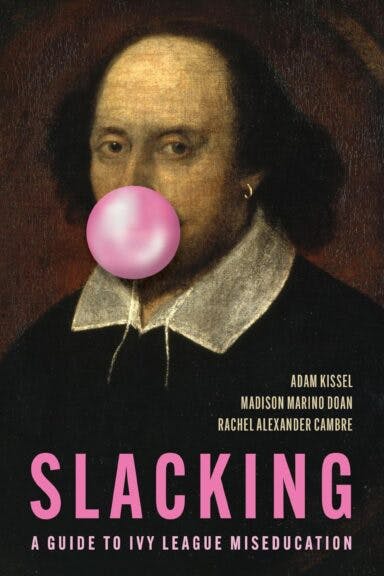
Cover Credit: Encounter Books/ Cooley Design Lab. William Shakespeare associated with John Taylor circa 1610.
Writing requirements are even worse. Putatively about writing, such courses indulge the moral and political conceits of their instructors. At the other extreme, most courses that meet science requirements actually teach science, even though light courses are available for slackers. (At Cornell, the course discussing Disney films to learn about animals is an exception, and Columbia still offers Physics for Poets.)
A generation ago, the critique of Ivy League curricula was that a student could graduate without being required to take any Shakespeare, American history, or Western civilization. That complaint remains well-grounded. Today, the situation is worse: Can a serious student find even one core course on Shakespeare or America worth taking?
By not providing a content-rich core curriculum — a set of required courses in the arts and sciences — but instead allowing students to choose from a wide range of courses to fulfill vague distribution requirements, most of the Ivies risk having students graduate with what the American Council of Trustees and Alumni calls a “thin and patchy education, with no guarantee that they have mastered a core set of facts or skills.” Absent strong curricular requirements, universities cannot guarantee that students “learn what they need to know to be informed citizens, effective workers, and lifelong learners.”
Fortunately, a strong education remains available to Ivy students in most areas of general education. They will have to work for it and get wise advice. But by far, Ivy League students are offered, and thus receive, a truly substandard education by any reasonable measure. Dante or Cardi B? Every educated man and woman ought to know the difference.
* * *
This excerpt from “Slacking” is published by permission from Encounter Books.
Adam Kissel is a visiting fellow for higher education reform in the Center for Education Policy at The Heritage Foundation. A graduate of the University of Chicago and Harvard, he served in the first Trump administration as deputy assistant secretary for higher education programs.
Rachel Alexander Cambre teaches for Belmont Abbey College’s new Master of Arts in Classical and Liberal Education program. She holds degrees from Washington and Lee University and Baylor University and has held teaching and research postdoctoral fellowships at Princeton University and the University of Virginia.
Madison Marino Doan is a senior research associate in the Center for Education Policy at The Heritage Foundation. Her work focuses on affordability and accountability reform in higher education and K-12 education choice initiatives. She graduated summa cum laude from Lamar University in economics and finance.
The views expressed in this piece are those of the authors and do not necessarily represent those of The Daily Wire.
Originally Published at Daily Wire, Daily Signal, or The Blaze
What's Your Reaction?
 Like
0
Like
0
 Dislike
0
Dislike
0
 Love
0
Love
0
 Funny
0
Funny
0
 Angry
0
Angry
0
 Sad
0
Sad
0
 Wow
0
Wow
0
